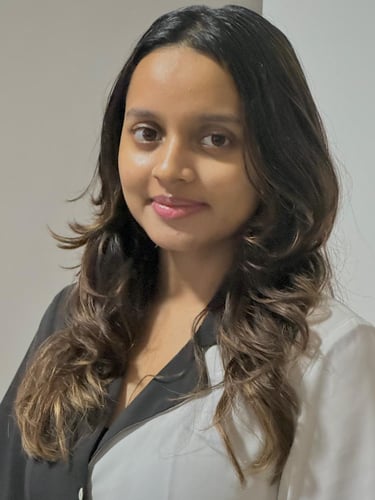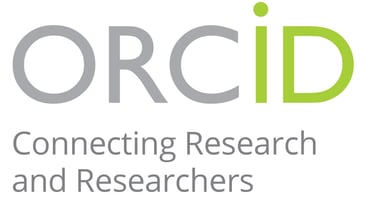Self-compassion and Attitude towards Mental Health Services as Predictors of Mental Help-Seeking Intentions among Undergraduates


Abstract
Untreated mental health conditions among undergraduates due to poor intentions of seeking help have adverse negative consequences deterring psychological wellbeing. This study aims to examine the role of self-compassion (SC), and attitudes towards mental health services (ATMHS) as predictors of mental help-seeking intentions (MHSI). By exploring these factors, the study proposes the use of SC and ATMHS as facilitators of seeking psychological services when in need. This is a quantitative correlational survey study, utilizing a sample of 110 undergraduates from Greater Colombo region, examining the association between the predictor variables (SC and ATMHS) and outcome variable (MHSI) by the use of three validated questionnaires and multiple regression analysis. Additionally independent t test was done to examine the gender differences for self-compassion, ATMHS, and MHSI. Key findings indicates that there is an association between the two predictor variables self-compassion (Beta= 0.19, p= 0.040) and ATMHS (Beta=0.28, p=0.004), with MHSI. Further, the combined effect of self-compassion and ATMHS as predictors of MHSI accounting for about 12.7% of the variance is greater than when the associations are considered separately. Gender analysis revealed that there was no association between gender and the predictor variables. The only significant difference found was females have more positive intentions of seeking mental health services compared to males (M=4.58, F= 5.22). In conclusion, while being the first study to examine the relationship between self-compassion, ATMHS, and MHSI among undergraduates. This research provide crucial knowledge filling a gap in literature in Sri Lanka. The findings emphasize the need to advocate for a novel approach in promoting mental-help seeking, through the improvement of self-compassion and promotion of positive attitudes towards mental health services. These strategies could effectively improve psychological wellbeing of Sri Lankan undergraduates.
About the Author
Upeka Karunaratne, with a First Class BSc (Hons) in Psychology and Counselling from Coventry University and a Dean’s List Award from NIBM, is an aspiring Clinical Neuropsychologist passionate about supporting differently-abled children. She has gained valuable experience as a counselling assistant at the Neurocognitive Clinic at Lady Ridgeway Hospital for Children and has volunteered as a research assistant for a project on developing a screening tool for specific learning disabilities in Sri Lanka. Committed to making a positive impact, Upeka is driven to advance in the field of Clinical Neuropsychology.


"Empowering Minds, Inspiring Futures: Bridging Academia and Innovation Globally"
Wells Resource


